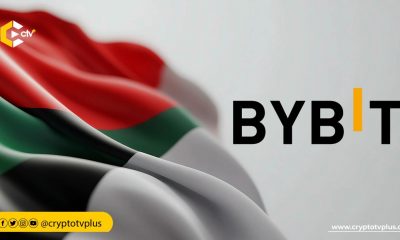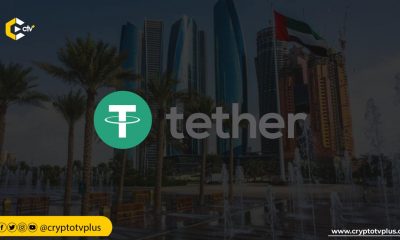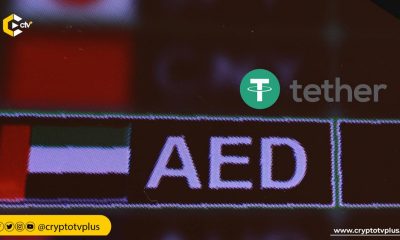News
Could UAE’s crypto tax waivers establish it as a global crypto hub?

The UAE will make changes to its Value Added Tax (VAT) Executive Regulations, effective November 15, 2024. These amendments focus on crypto transactions, eliminating VAT on transfers and conversions of virtual assets, including cryptocurrencies. This aligns the regulations with previous adjustments to UAE tax laws, offering clearer guidance for businesses in this sector.
A notable aspect of these changes is the retroactive VAT exemption for virtual asset transactions, effective from January 1, 2018. Businesses involved in cryptocurrencies from this date will need to review their past VAT filings to ensure compliance with the updated tax rules.
Consequently, companies engaged in cryptocurrency transactions must carefully evaluate how these changes affect their operations and tax responsibilities. The intent is to foster the growth of the cryptocurrency sector in the UAE by creating a more favorable tax environment for businesses and investors.
The UAE has strategically positioned itself as a global hub for digital assets, making significant strides in the cryptocurrency space. In 2018, the Securities and Commodities Authority (SCA) issued regulations for initial coin offerings (ICOs), providing legal clarity for crypto projects.
In 2022, the establishment of the Dubai Virtual Assets Regulatory Authority (VARA) created a dedicated body to oversee the crypto sector, ensuring compliance while promoting innovation. This regulatory clarity has bolstered confidence among investors and businesses.
Another significant development is the creation of free zones specifically designed for crypto businesses. The Dubai Multi Commodities Centre (DMCC) launched the DMCC Crypto Centre, providing a supportive environment for crypto firms with benefits such as tax exemptions and streamlined business setup.
Similarly, the Abu Dhabi Global Market (ADGM) has introduced a regulatory framework for trading digital assets, attracting global companies to establish operations in the UAE.
The UAE government has also invested substantially in blockchain technology, aiming to integrate it across various sectors. The Dubai Blockchain Strategy, launched in 2018, aspires to make Dubai the first city fully powered by blockchain by 2025. This initiative encourages the use of blockchain in government services and enhances transparency and efficiency in public transactions.
The country has embraced innovation in digital finance by promoting decentralized finance (DeFi) and non-fungible tokens (NFTs). Events like the Future Blockchain Summit and Abu Dhabi Finance Week unite industry leaders, startups, and investors to explore the latest trends and opportunities in the crypto space. These gatherings foster collaboration and encourage investment in emerging technologies.
























